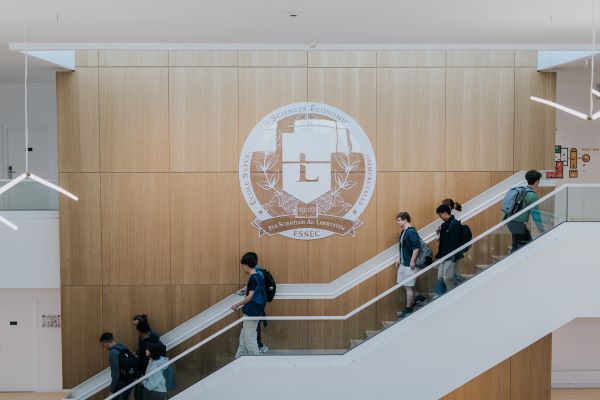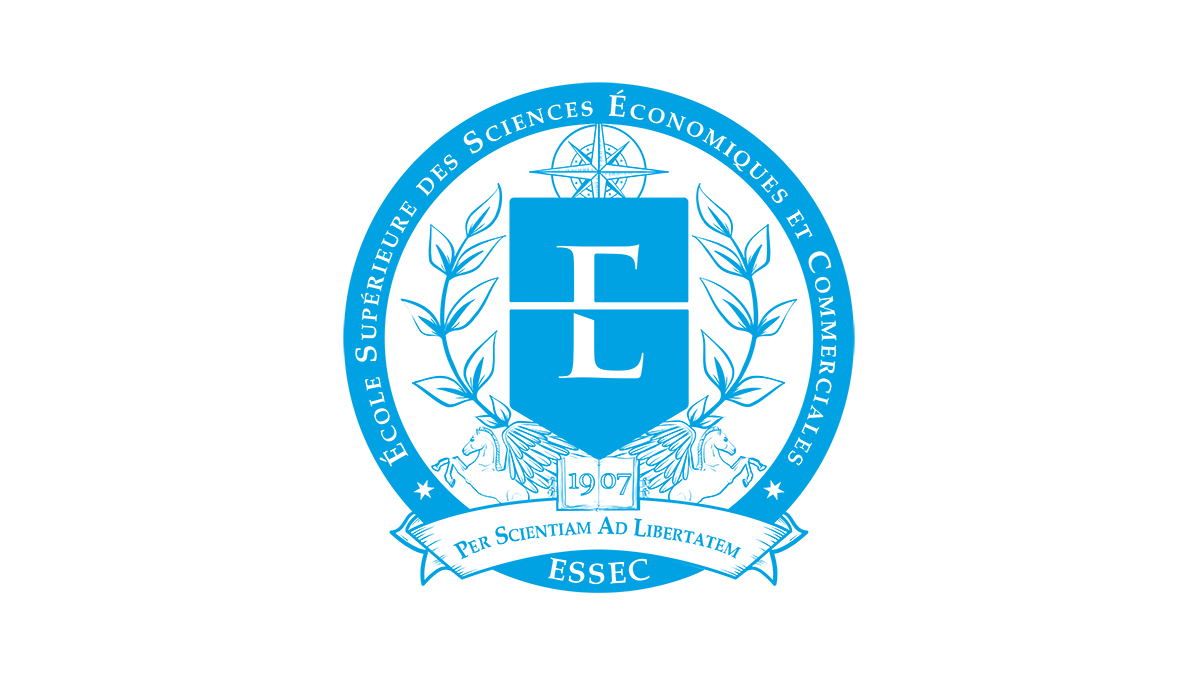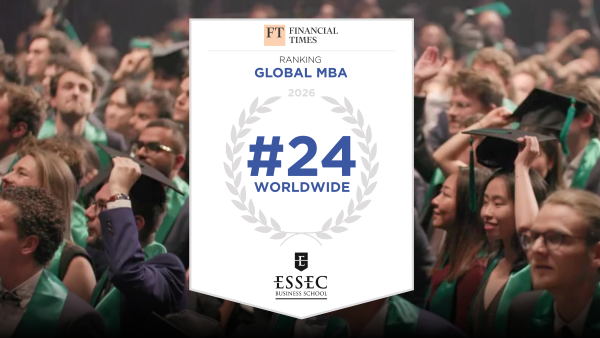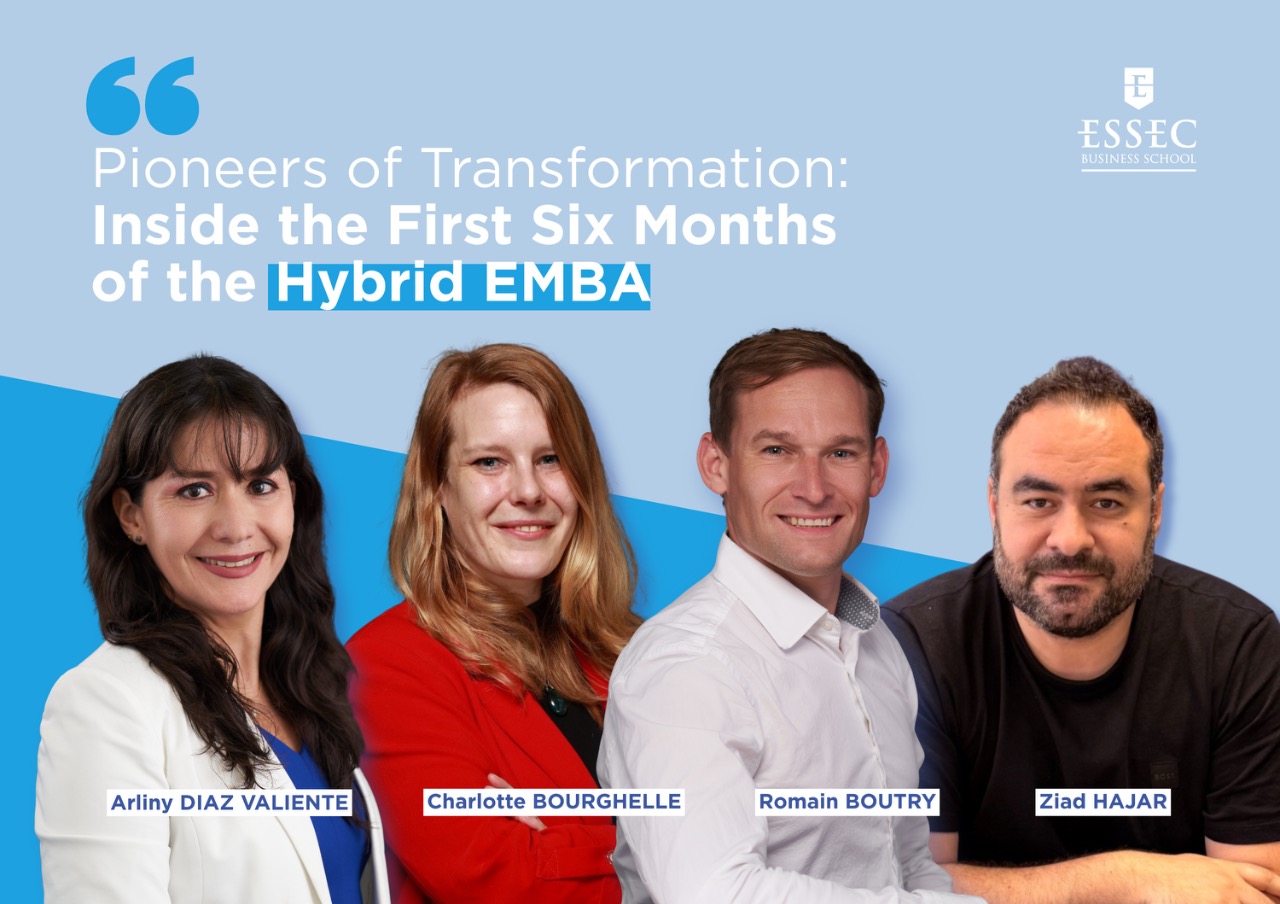The idea of a magic recipe for innovation makes Charles Ayoubi smile. “Every organization is unique. There is no universal method for managing creativity,” he says. A specialist in innovation processes, trained at ESSEC, CentraleSupélec, and EPFL, with experience at Harvard, Ayoubi studies how ideas emerge, are assessed, selected – or abandoned – within companies. It’s a vital subject at a time when artificial intelligence is reshaping collective creativity.
Observe, understand… to better guide
Working closely with a dozen companies, from SMEs to global players like Procter & Gamble, Ayoubi analyzes, experiments, and challenges practices. “My goal is to understand what works, and then share those insights with students and decision-makers,” he explains.
His method combines field experiments with observational studies. “A company that doesn’t reinvent itself is a company in decline,” he reminds us. Intrapreneurship, adoption of digital tools, and idea evaluation are just some of the dynamics his research explores within real-world innovation.





